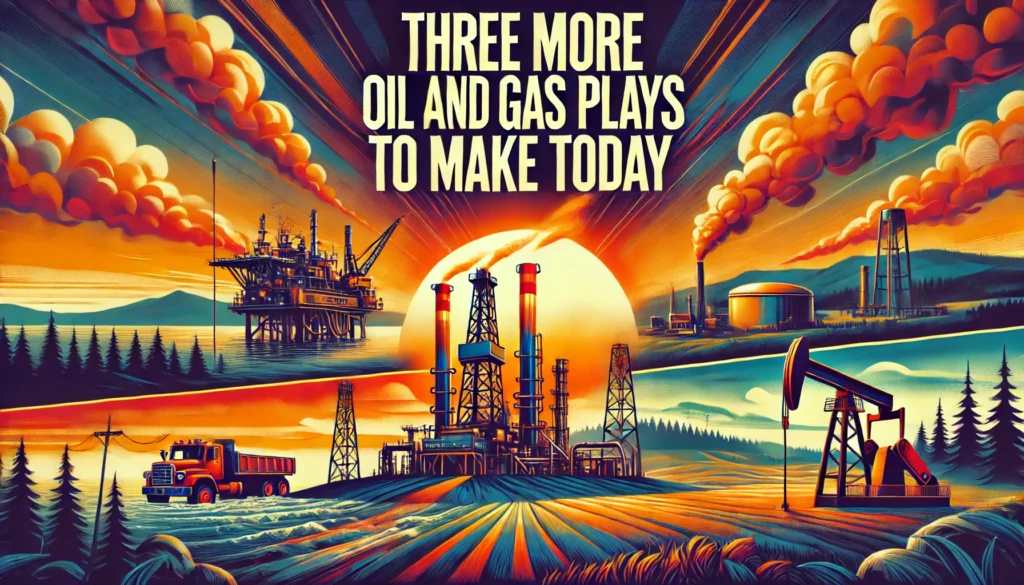- Does a rising stock market mean a growing economy?…
- The rigged fight between bulls and bears…
- Are YOU a national security threat?…
Dear Reader,
Economist Frank Shostak:
- Most financial commentators are of the view that increases in the stock market translate to an increase in economic growth. The reason is because the increase in stock prices lifts consumer and business optimism, which, in turn, boosts consumer and business demand for goods and services. This, in turn, strengthens the economy.
- But is it valid to hold that what drives the economy is the demand for goods and services?
The answer — in brief — is no.
It is not valid to hold that what drives the economy is the demand for goods and services.
Nor does an increase in the stock market, of itself, spawn economic growth.
That is particularly true in this epoch of central bank intervention and manipulation.
The Fed Twisted the Road Signs
For years and years the Federal Reserve twisted the road signs on the route to price discovery.
East is west, west is east. North is south and south is north.
Or is north west? Is east south? The answer is exceedingly difficult to determine.
The Federal Reserve blocked off every southbound lane… and detoured all traffic into one single channel heading north.
It has also funneled traffic away from the genuine origins of economic prosperity — savings, capital investment and production.
Mr. Shostak:
- Economic growth is not because of increases in the stock market, but because of saving, capital investment, and greater production. The success of these things can be seen, in part, in an increase in the stock market.
- But this is assuming sound money, unhampered economic calculation, and no central bank.
Yet these are not the conditions that presently prevail.
We are instead hagridden by unsound money, hampered economic calculation and — most significantly — a central bank.
The Fed Steered Investors to the Casinos
The Federal Reserve channeled investors into the gaming casinos of speculation… in quest of jackpots lacking all connection to economic realities:
- It is the central bank’s policies of tampering with the financial markets that causes boom-bust cycles. This is also key for bull and bear markets. As a result of the central bank policies, investor’s ability to distinguish wealth-generating activities from non-wealth-generating activities (i.e., bubble activities are curtailed).
- By not being able to identify wealth-generators, investors become gamblers with the stock market — seen as a large casino.
In conclusion:
- The heart of economic growth is production, saving, and capital investment. Saving enables capital investment, which allows for greater production. Given that an increase in the stock market cannot strengthen these things, it follows that rising stock prices cannot strengthen economic growth, all other things being equal.
- Without improvement in the capital structure — irrespective of the state of the stock market — it is not possible to strengthen the economy. The disruptive fluctuations of the stock market — labeled as “bull”/“bear” markets are the result of the monetary policies of the central bank.
- These policies undermine stable production, genuine growth, saving and capital investment, and ultimately set in motion an economic impoverishment.
Thus the Federal Reserve’s intended “wealth effect” ultimately impoverishes.
It Should Be a Fair Fight
I have never denied that the manipulated stock market can be lucrative.
Nor have I ever denied that bank robbing can be lucrative. Or that harlotry can be lucrative.
I have merely questioned its authenticity… and its justice.
As I have argued before in these very pages:
The stock market should be a free and open joust.
Bull and bear, bovine and ursine, let them meet on fair and neutral ground.
There they can settle their quarrels under honest competition.
A scrupulously impartial judge should referee the bout. His lone concern should be the equal application of martial justice.
He must hold the scales even.
And may the winner emerge fair and square, his hand raised in honest victory.
Should it be the people’s champion — the bull — so much the better.
Yett should the heelish bear walk out victorious, well then…. the heelish bear walks out victorious.
The bear would win because he was the superior pugilist.
Justice, that is, would be served. What we have instead is injustice.
A Rigged Fight
As I have likewise argued:
The Federal Reserve is not a neutral referee in this bout. It is rather an active participant, in active conspiracy with the bull.
Before the bout it packs his gloves with iron. And once the bout commences?
If the bull strikes beneath the belt, if he bites in the clinches, if he punches after the bell has rung…
This rogue referee instantly loses his powers of vision. He sees nothing.
And if the bear smites the bull down to the canvas, witless, leaving him to take the count?
Then this corrupto stretches the count until the sprawling bovine can regain the vertical… and his wits:
“O-o-o-o-o-o-n-e… … … … t-w-o-o-o-o-o-o… … … … t-h-h-h-r-e-e-e-e-e-e… … … …” all the long way to 10.
Meantime, should the bear absorb but a glancing blow, the official declares him loser by technical knockout, the victim of a mighty clout.
What we have, then, is not a contest of one against one. We have instead a travesty of two against one.
The badly used bear is denied all chance of victory.
Fīat Jūstitia Ruat Cælum”
Yes, the speculators applaud this holocaust of justice.
They do — after all — have a wager on the bull.
Yet my sympathies go the other way.
I lean naturally in the underdog’s direction… and away from the lawless overdogs.
“Fīat jūstitia ruat cælum” is the cry on my lips — “Let justice be done though the heavens fall.”
Give the underdog his chance, I say. Else we will never know the rightful winner.
And I wish to know the rightful winner… though the heavens may fall.
Indeed, given the scale of today’s central bank interventions…
They just may.
Brian Maher
for Freedom Financial News




